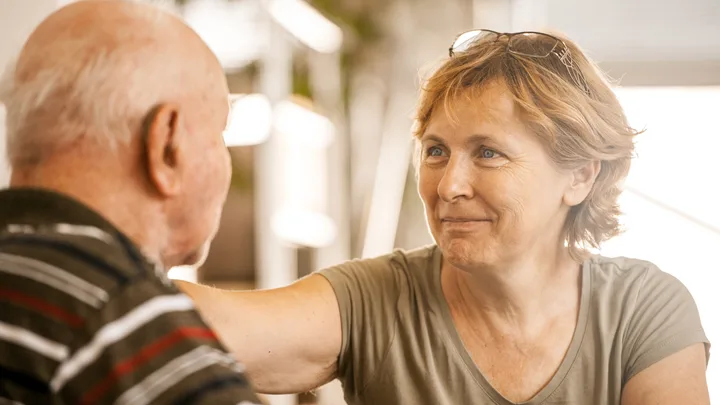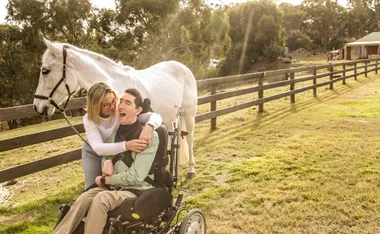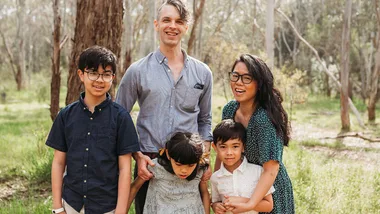At The Weekly, we believe in lifting each other up – especially those who tirelessly lift us up every day. That’s why we are standing behind the ‘Cost of Caring’ campaign by Are Media, the publisher of The Australian Women’s Weekly.
This positive initiative is dedicated to supporting our incredible carers by campaigning for superannuation payments for carers.
Every week in Australia, 2.65 million people dedicate an average of 36 hours – and sometimes up to 104 hours – caring for a friend, relative or neighbour in need. Seven out of 10 unpaid carers are women*, many of whom have have given up employment opportunities to provide care, and who make significant emotional, career and financial sacrifices to care for their loved ones.
Keep reading for why the ‘Cost of Caring’ campaign matters and how you can get involved.
What is the ‘Cost of Caring’ about?
It’s time to shine a light on the heroes who often go unnoticed – our unpaid family carers. These are the amazing individuals who support the most vulnerable among us, from the elderly and disabled to those facing mental health challenges. They step in and provide essential care and support that many in our communities rely on.
But here’s the kicker: while they’re busy taking care of everyone else, these carers often face significant challenges themselves, as they sacrifice their income, future income potential and superannuation to look after someone they love.
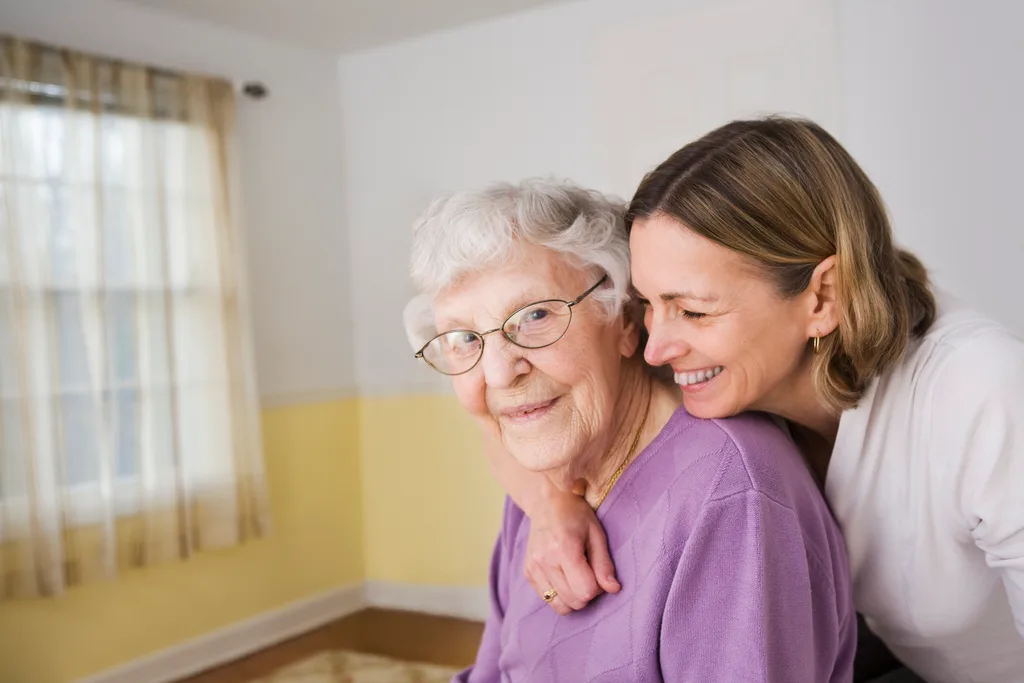
The ‘Cost of Caring’ campaign is about addressing this issue and with your support we will be asking the Government to pay superannuation to all recognised unpaid carers** in Australia.
Annabel Reid, Carers Australia CEO, says that a campaign of this size and magnitude will be a huge boost to the long-standing call for superannuation to be paid on the Carers Payment.
“If these changes were implemented by the current Government, we would begin to see real-life benefits for a community in Australia providing at least $80 billion of care services for free to those who need it most,” Annabel says.
“Economically, people who provide unpaid care are likely to earn less than those who do not. It is time we did more for the cohort of carers who have had to give up employment opportunities to provide care and reduce their superannuation deficit.
“The critical and significant work that unpaid carers provide across the country is vital to supporting Australia’s strained health system, aged care system, disability support and mental health support and is often undertaken at great cost to a carer’s own general and financial wellbeing,” she adds.
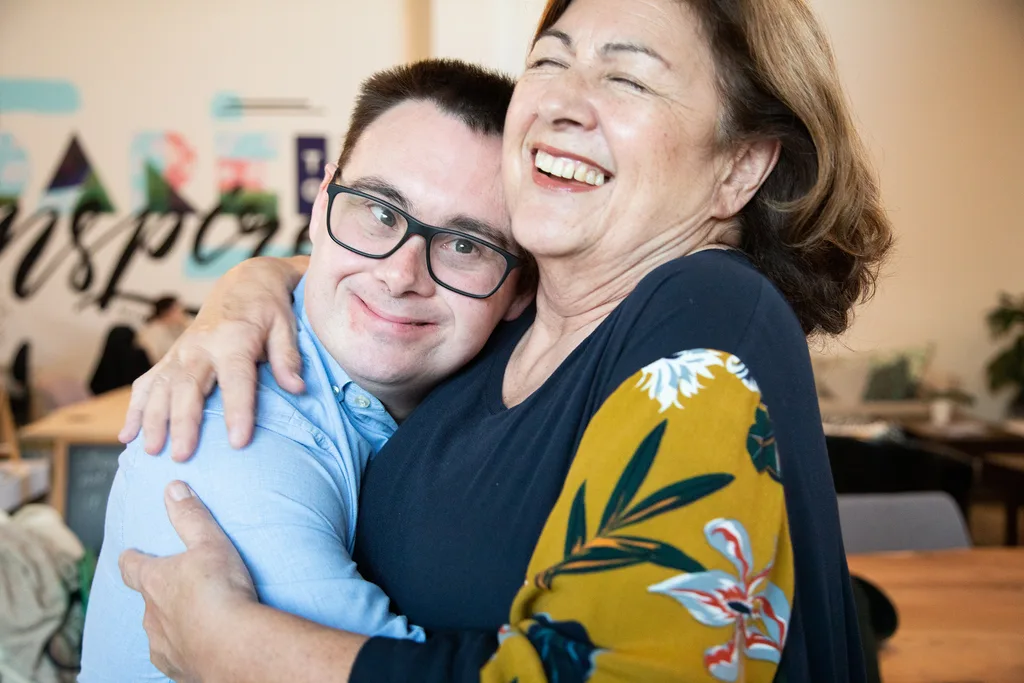
Why should this matter to you?
Carers offer compassion and assistance, and their work is vital to the wellbeing of our communities. However, despite their crucial role, many carers struggle financially.
When a carer is looking after someone they love, their financial vulnerability increases as they sacrifice their own income, future income potential and superannuation.
As Jane Huxley, CEO of Are Media, beautifully puts it: “Our carers are the backbone of our community, offering unconditional support and love. It’s time we returned the favour and ensured they have the support they need to continue their incredible work.”
How you can help
One of the most impactful ways you can help right now is by signing the petition to guarantee superannuation for carers.
Your signature can help bring about the changes needed and together we can make a real difference in the lives of those who give so much to our communities.
Help us guarantee super for Australia’s unpaid carers
Australia’s unpaid carers are in crisis. It’s time to do something about it.
*Australian Bureau of Statistics, 2018
**The definition for carer (under the Australian Government Carer Recognition Act 2010) is someone who gives care and support to a relative or friend who: has a disability; has a medical condition (terminal or chronic illness); has a mental illness; or is frail because they are old (known as ‘frail and aged’)
